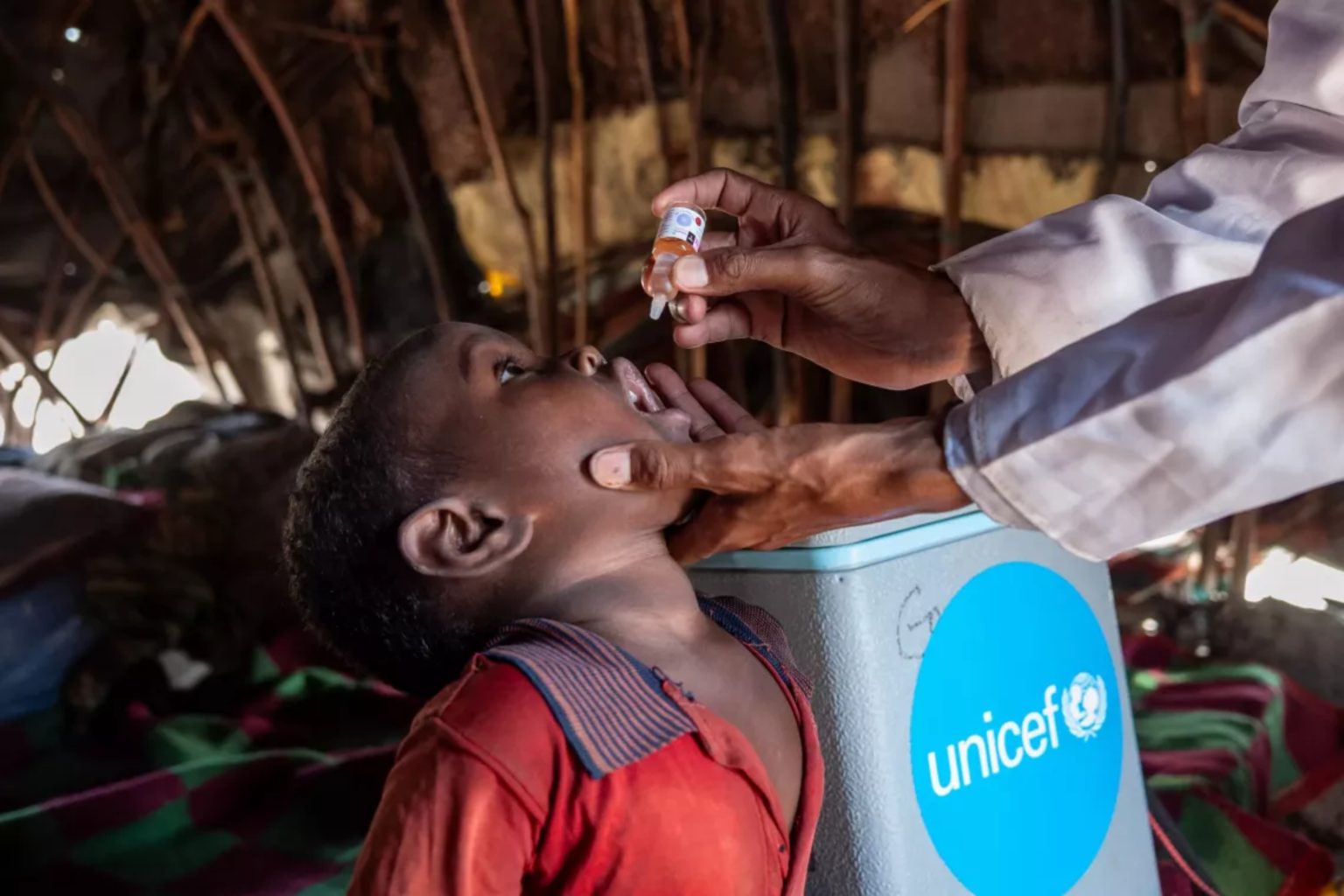The United Nations Children’s Fund (UNICEF) has urged the Nigerian government at all levels to intensify efforts in tackling the worsening malnutrition crisis, warning that millions of children remain at risk of stunted growth, disease, and death.
The agency emphasised that only sustained investment, stronger government commitment, and community-led prevention can halt the spiral.
Chief of UNICEF’s Bauchi Field Office, Nuzhat Rafique, stressed that malnutrition “slows development and leads directly to suffering and death,” calling for expanded therapeutic feeding programmes, increased local food production, better vaccine coverage, and restoration of security to reverse the trend.
Rafique spoke on Wednesday in Bauchi, where she disclosed that the state government had released N300 million to the Child Nutrition Fund managed by UNICEF. The UN agency will provide a matching grant, bringing the total to N600 million.
In addition, local councils under ALGON contributed N100 million to support the procurement of nutrition supplies and ready-to-use therapeutic food.
She revealed that Governor Bala Mohammed has pledged to raise the state’s commitment to N1 billion next year, with UNICEF equally pledging to match the figure.
Read Also: UNICEF seeks collaboration from stakeholders for effective vaccination delivery in Nigeria North Central
According to her, the funding milestone demonstrates the impact of advocacy and the growing recognition of the crisis.
“No child should suffer malnutrition. It affects physical growth, cognitive development, and overall well-being. Prevention is better than treatment. We must work with traditional leaders, LGAs, religious leaders, and communities to change the narrative,” Rafique said.
The new UNICEF Country Representative, Wafaa Saeed, who also visited Bauchi and Plateau states, commended the support of community groups and local authorities in nutrition interventions.
Despite these efforts, UNICEF and humanitarian agencies warn that the broader picture remains bleak.
A report from Integrated Food Security Phase Classification indicated that nearly 5.4 million children under five in the North-West and North-East are acutely malnourished, with the crisis expected to persist through 2025.
The Food and Agriculture Organisation reports that 3.7 million children in Borno, Adamawa, and Yobe are affected, while Médecins Sans Frontières’ screenings in Zamfara revealed that 27% of nearly 100,000 children suffer from acute malnutrition, 5% severely.
In Katsina State alone, MSF recorded 652 child deaths from malnutrition in the first half of 2025, blaming insecurity and donor funding cuts.
Although Nigeria’s 2025 nutrition budget rose by 33.7% to N170 billion, persistent challenges, including food inflation, poverty, and weak healthcare systems, undermine progress.
UNICEF data show that Nigeria has the second-highest rate of stunted children globally, with 32% of children affected nationwide and northern states bearing the heaviest burden.



